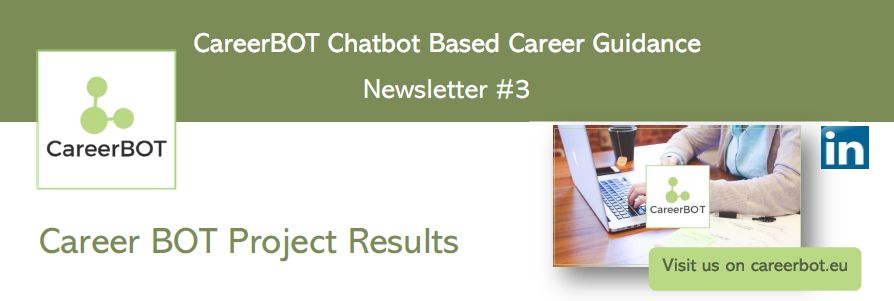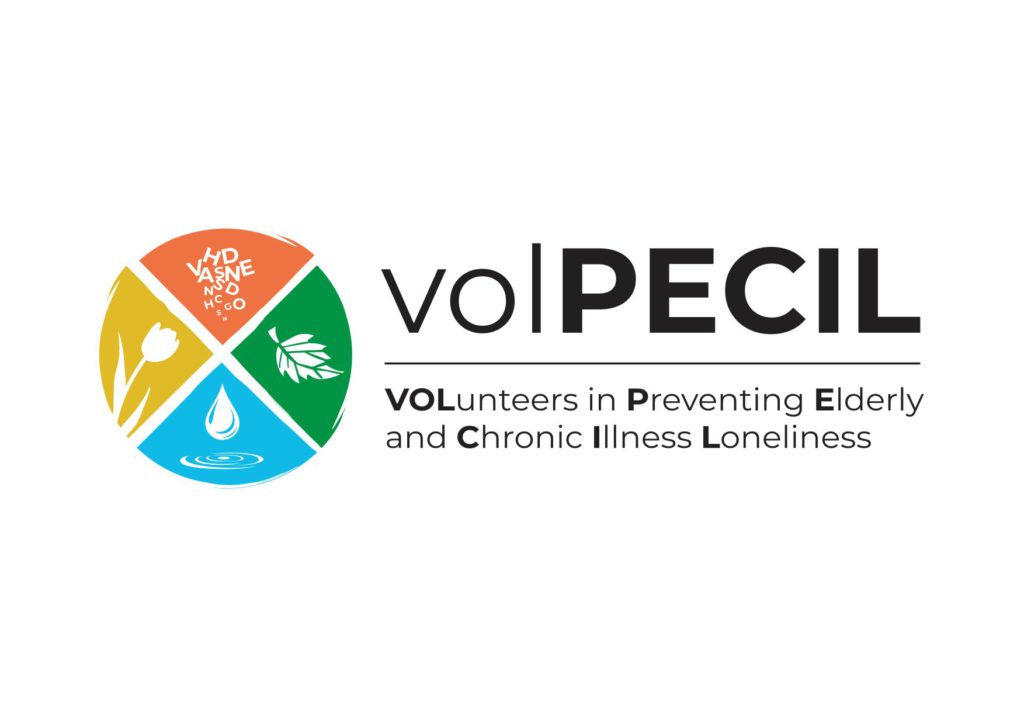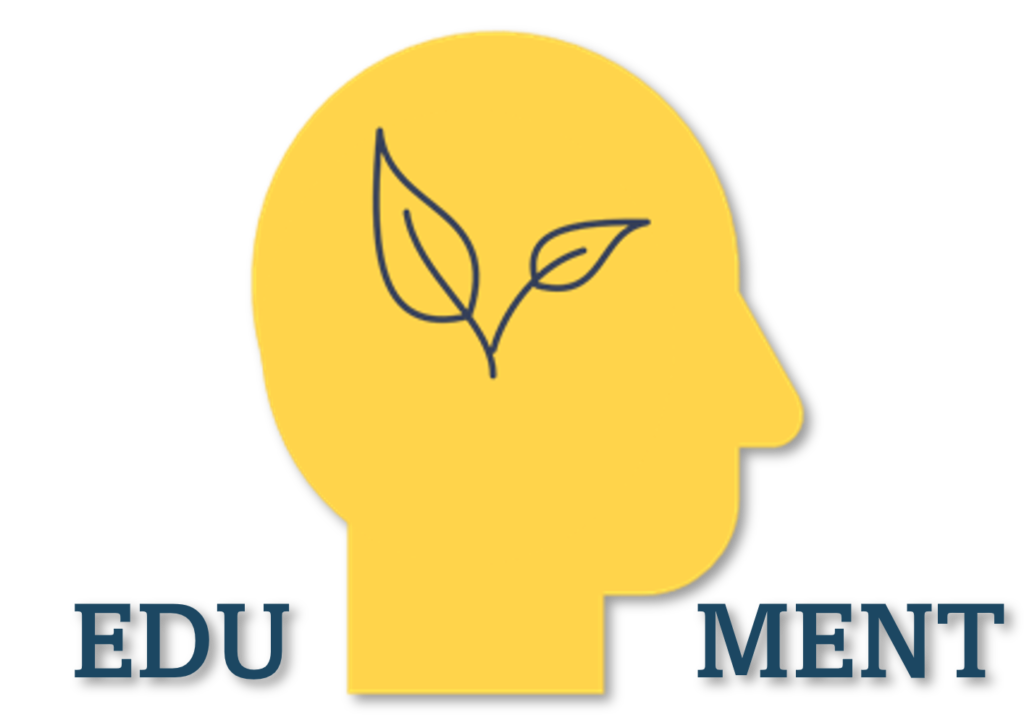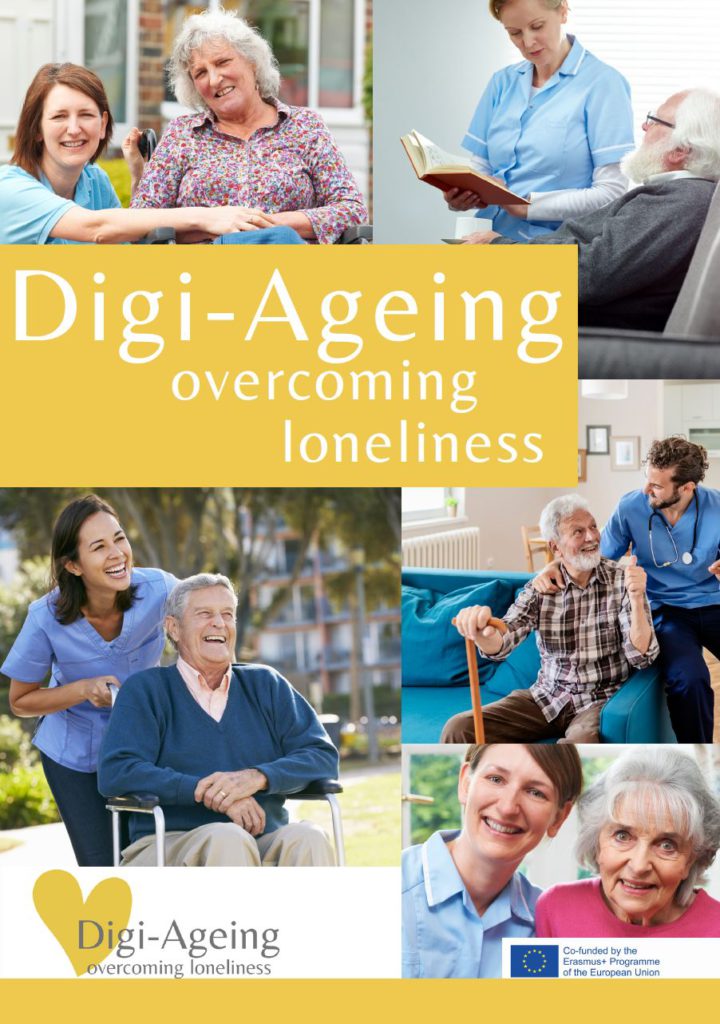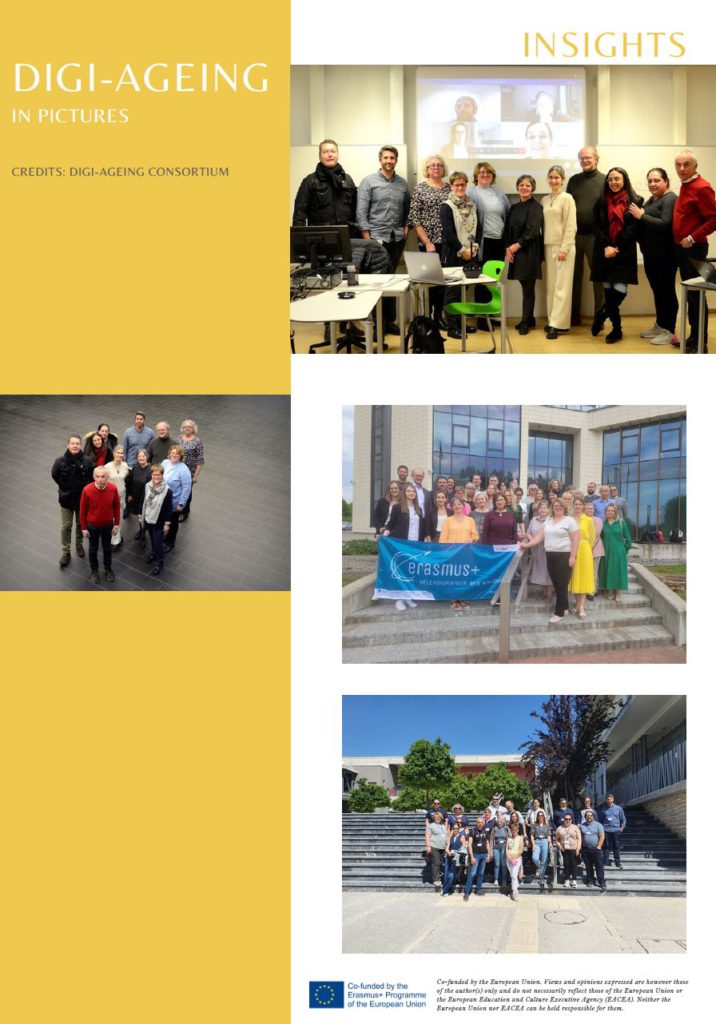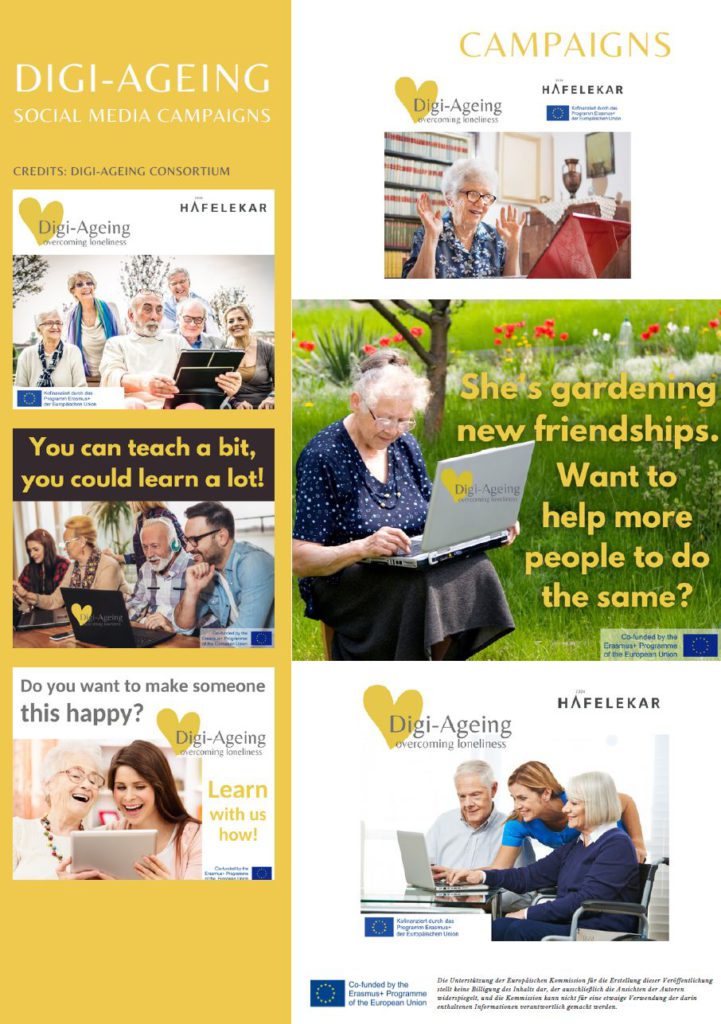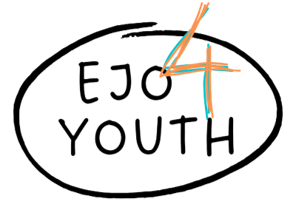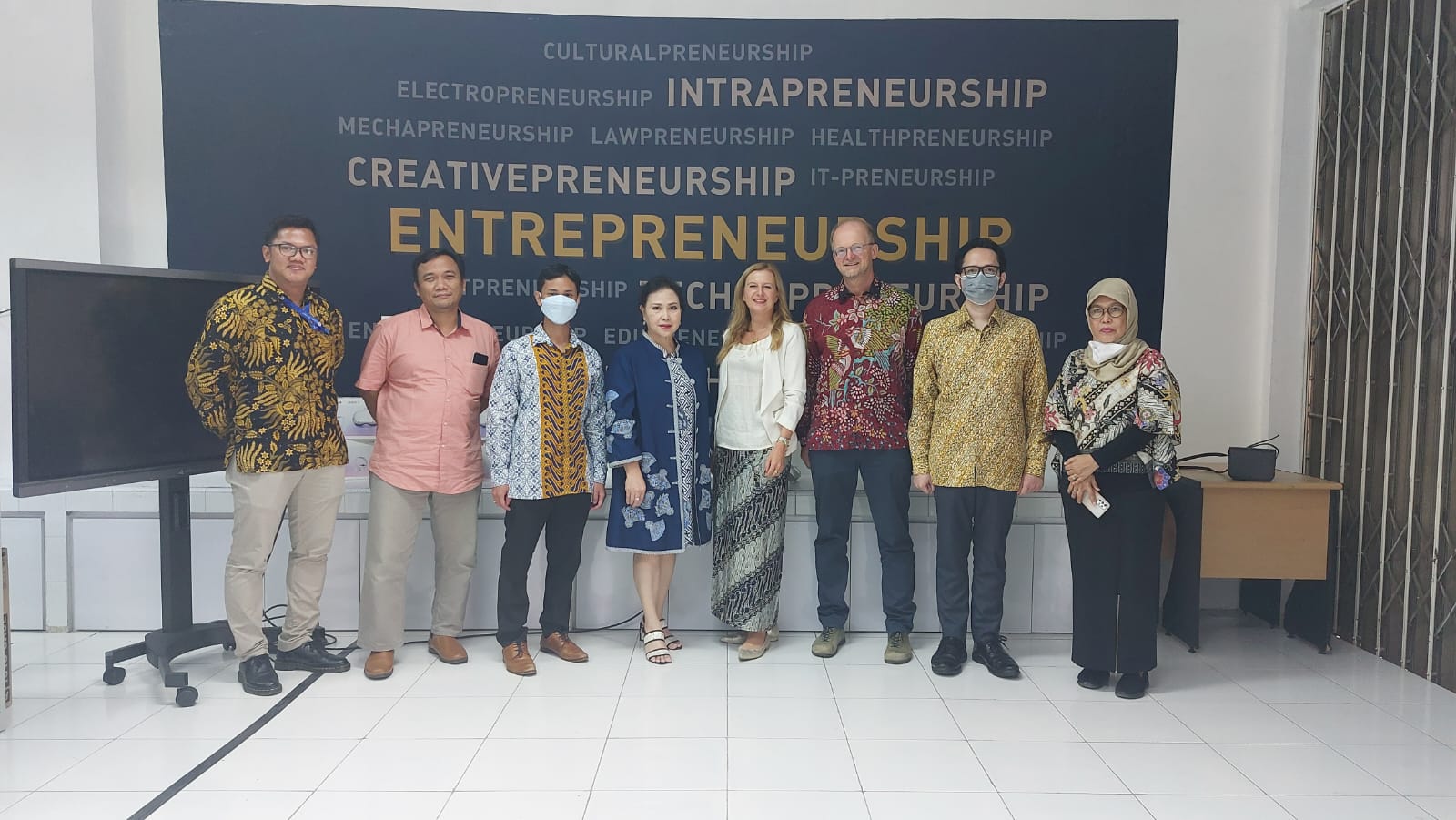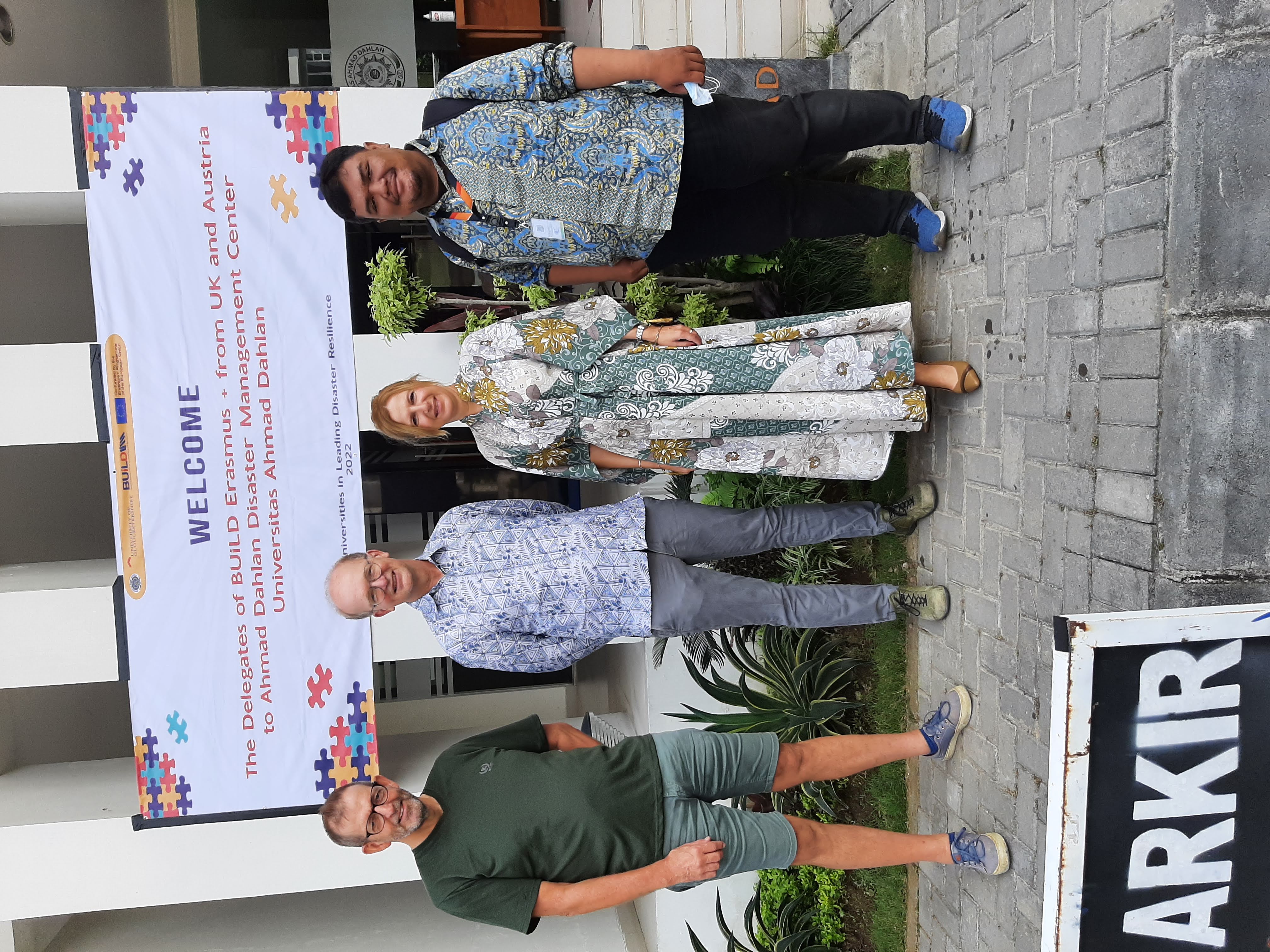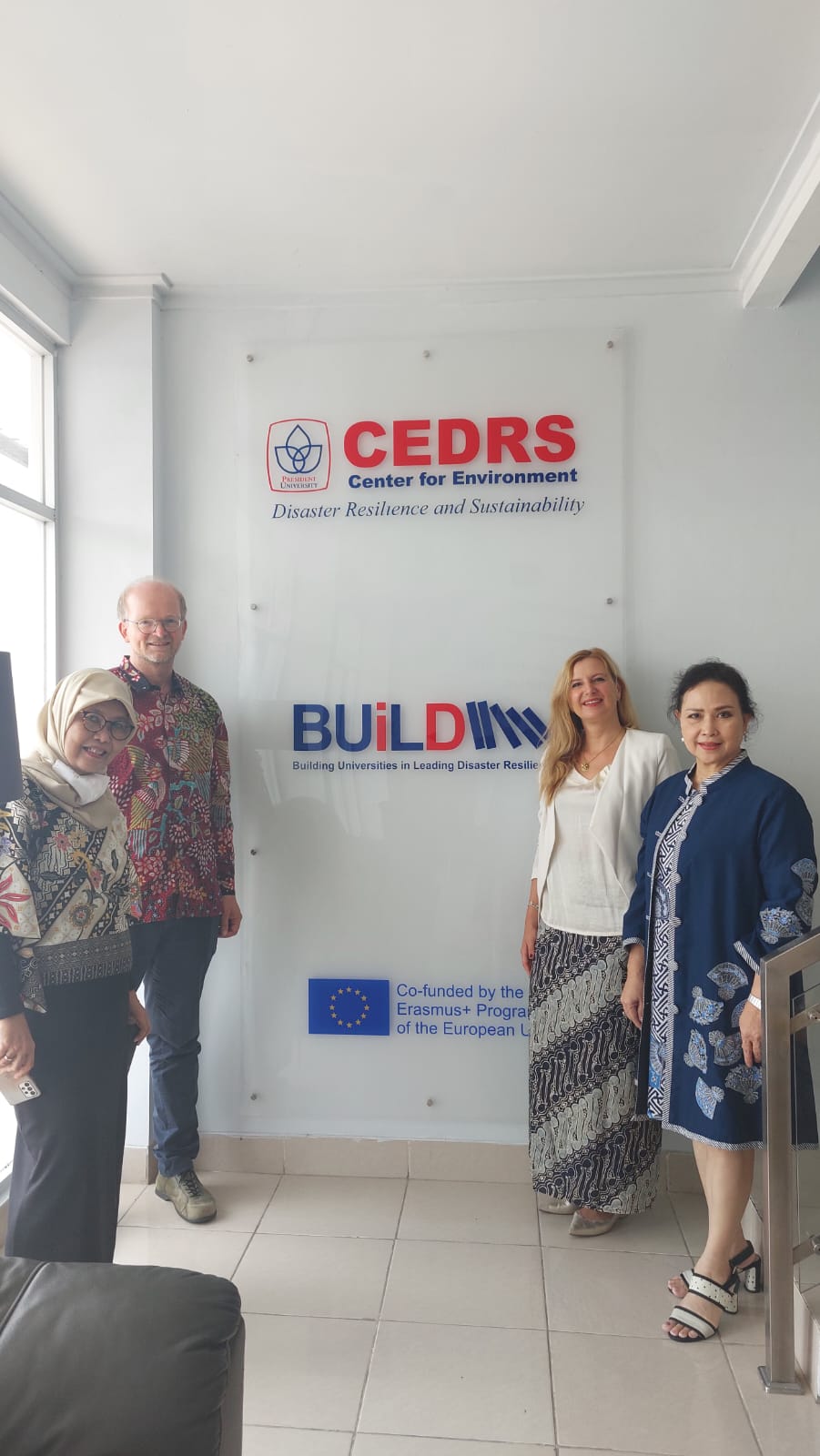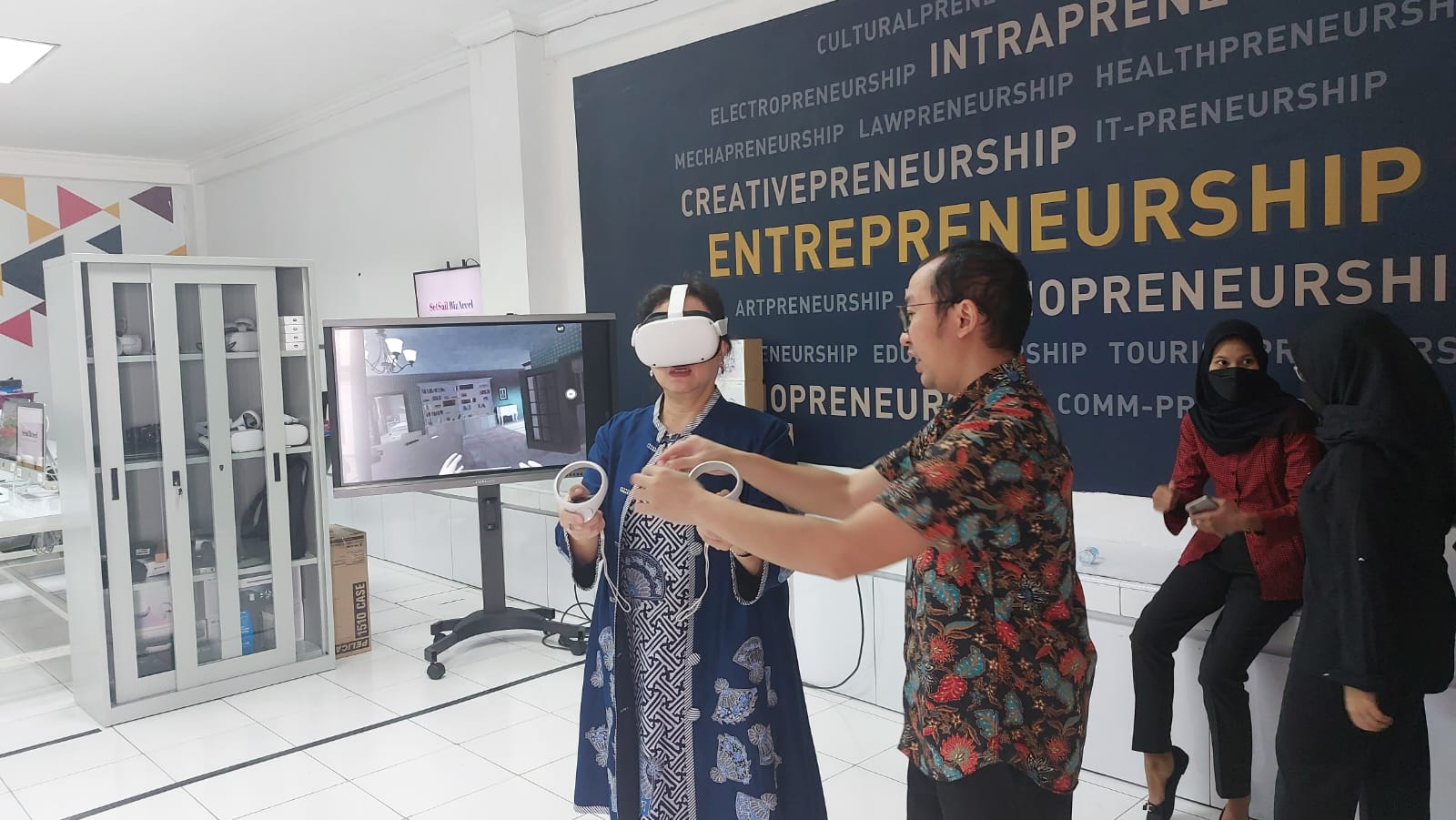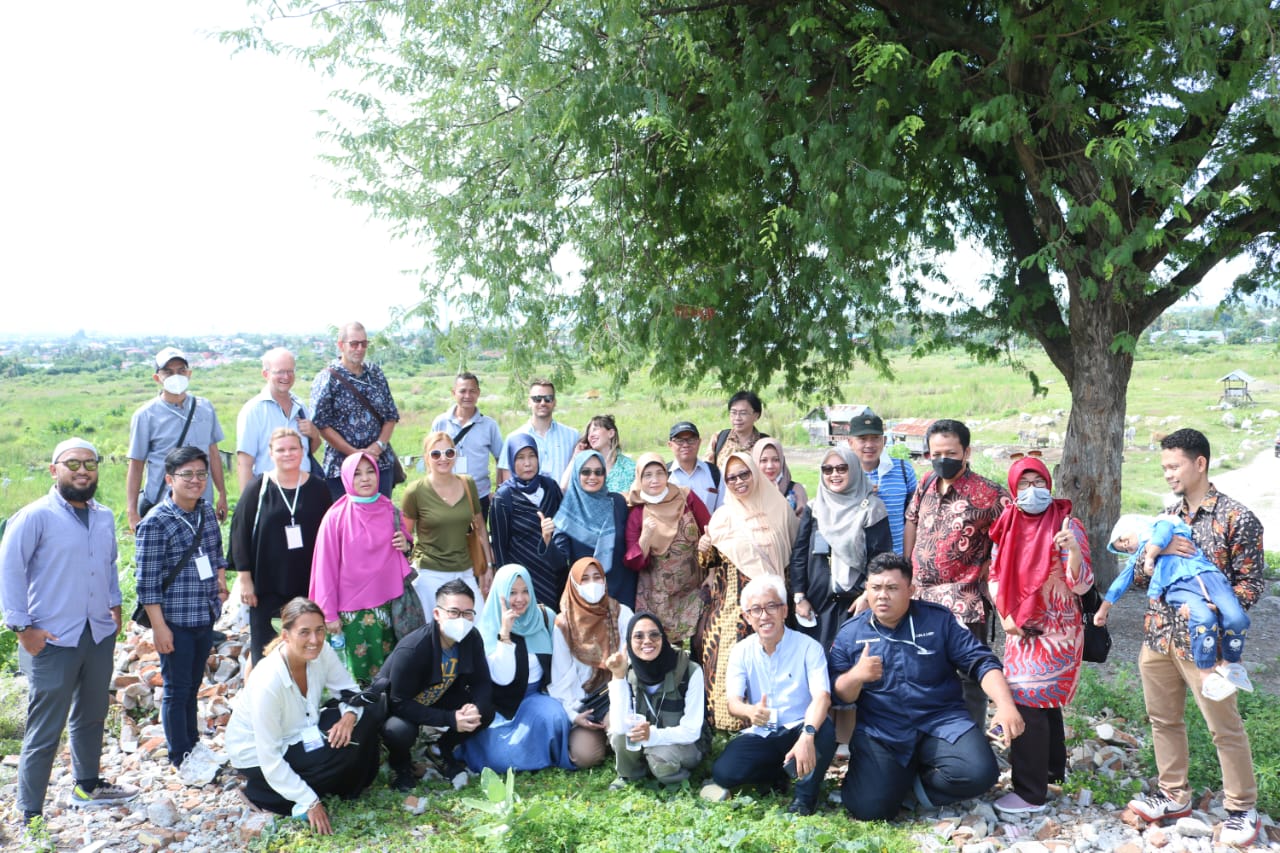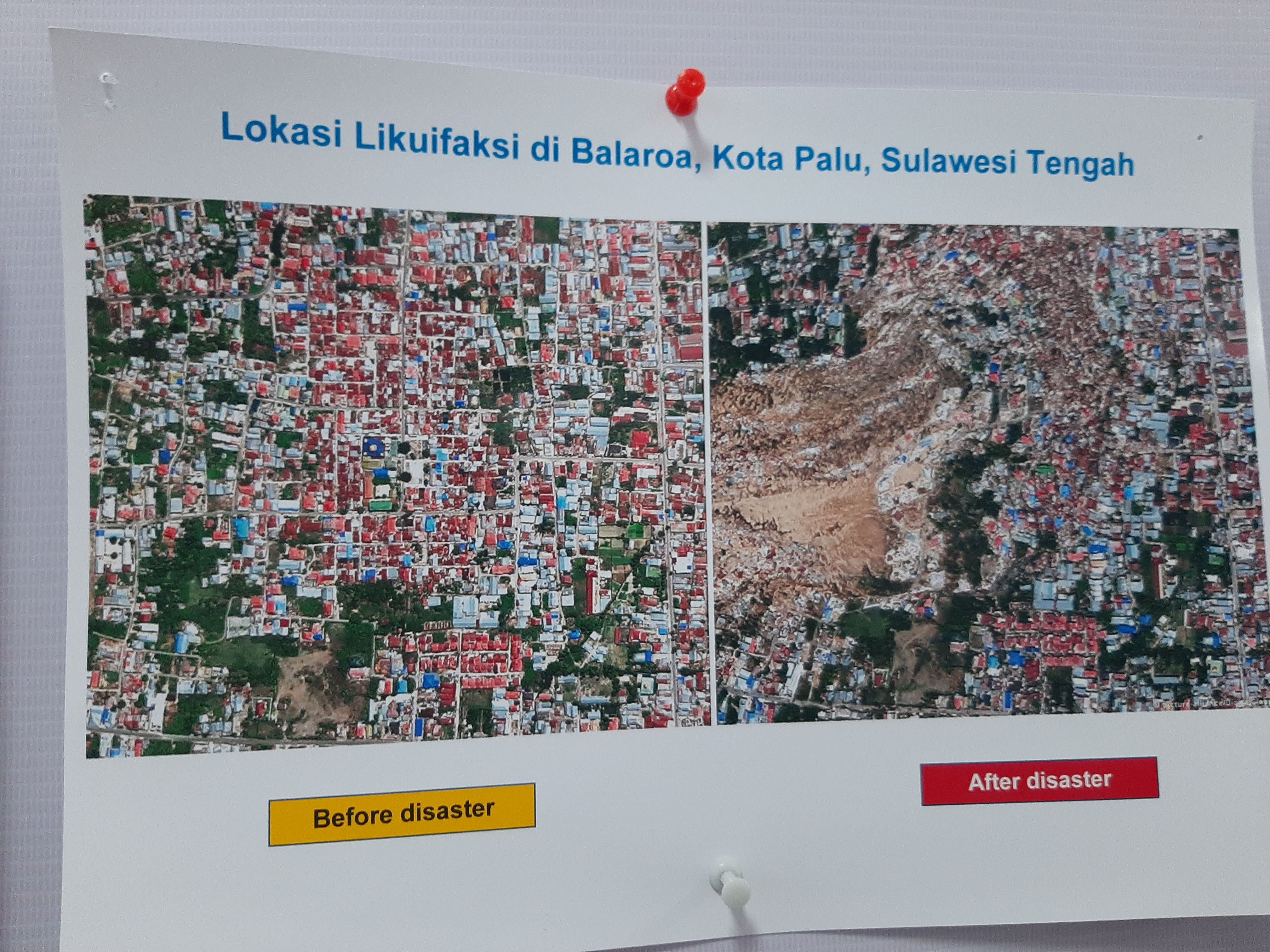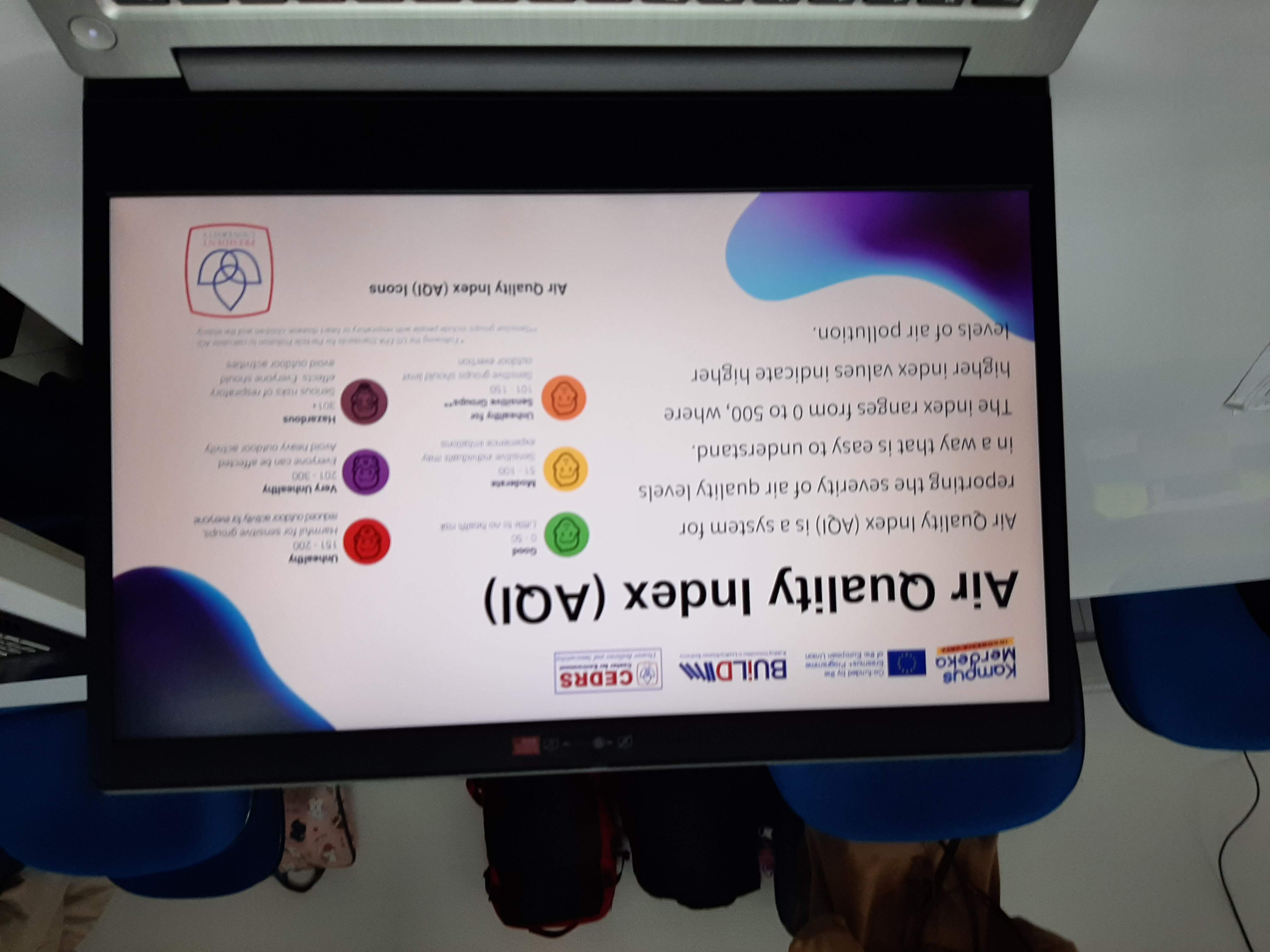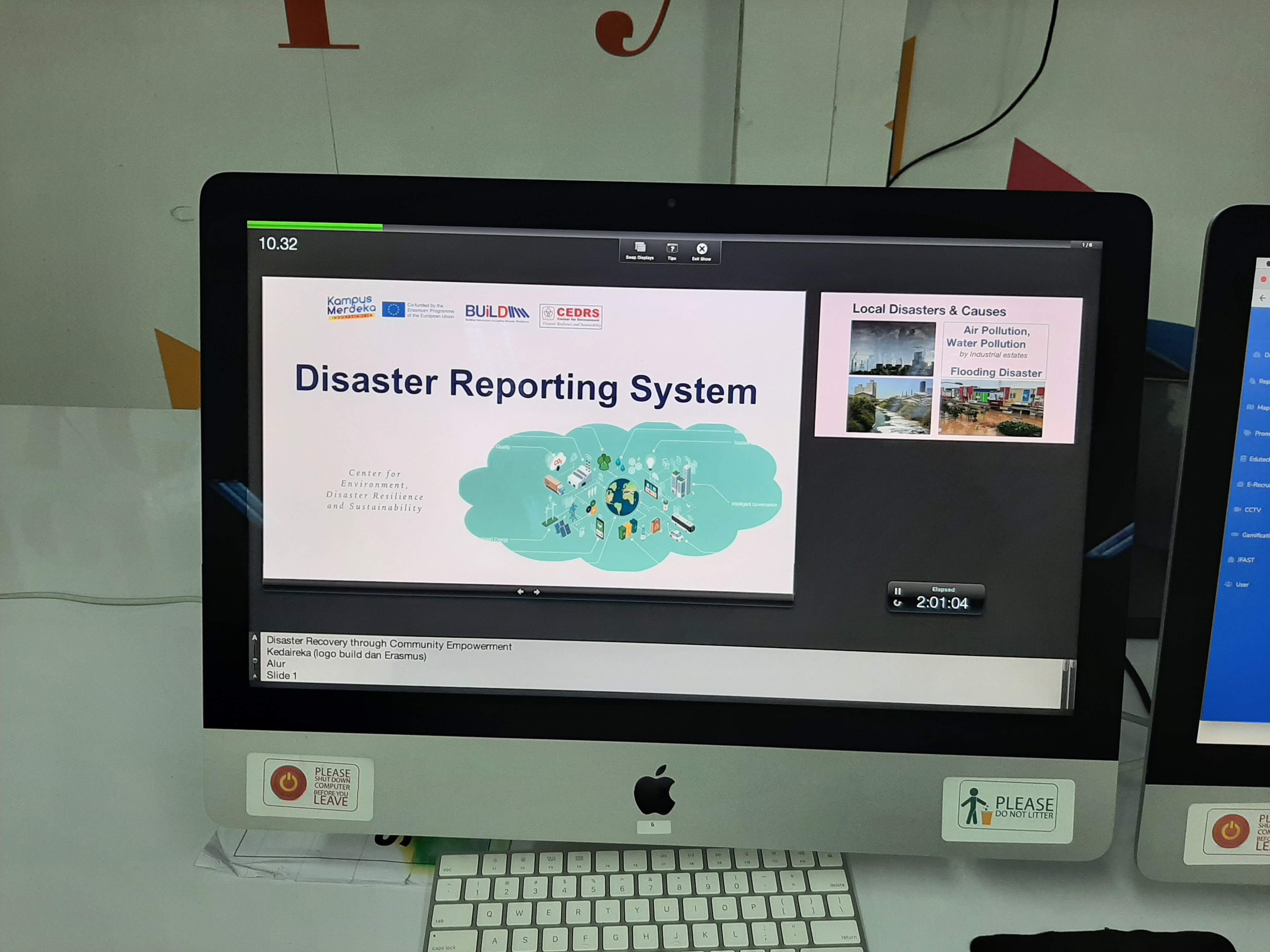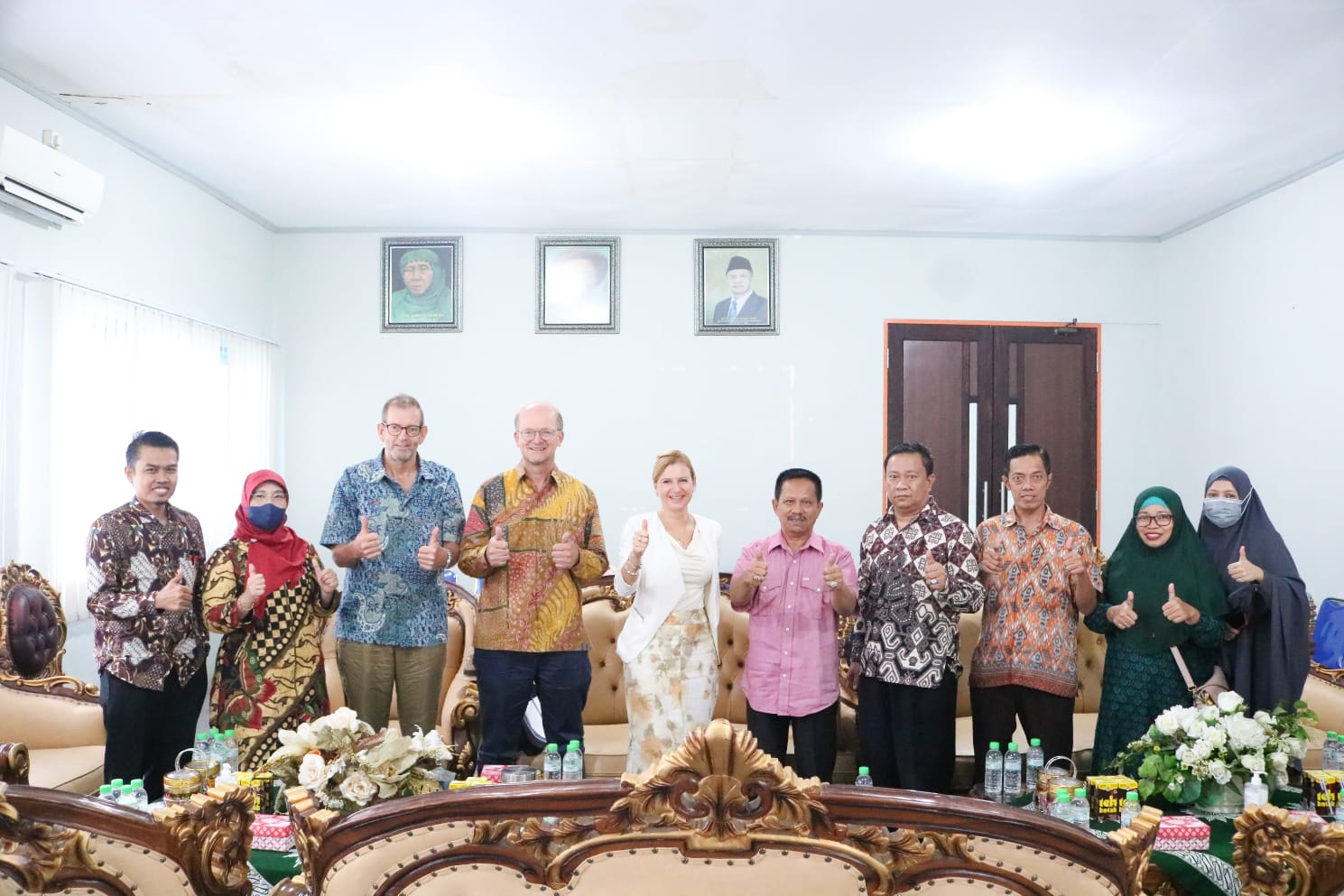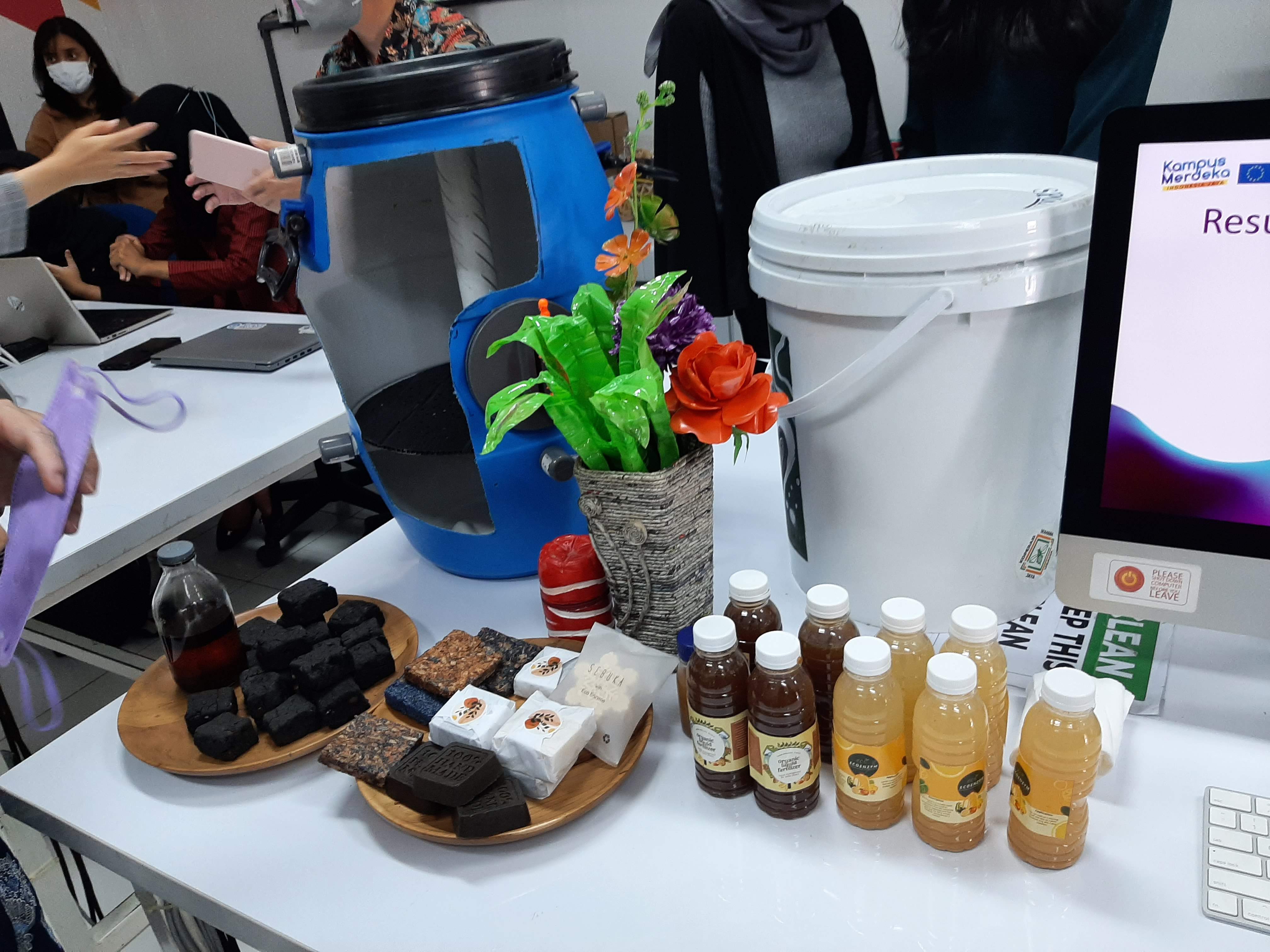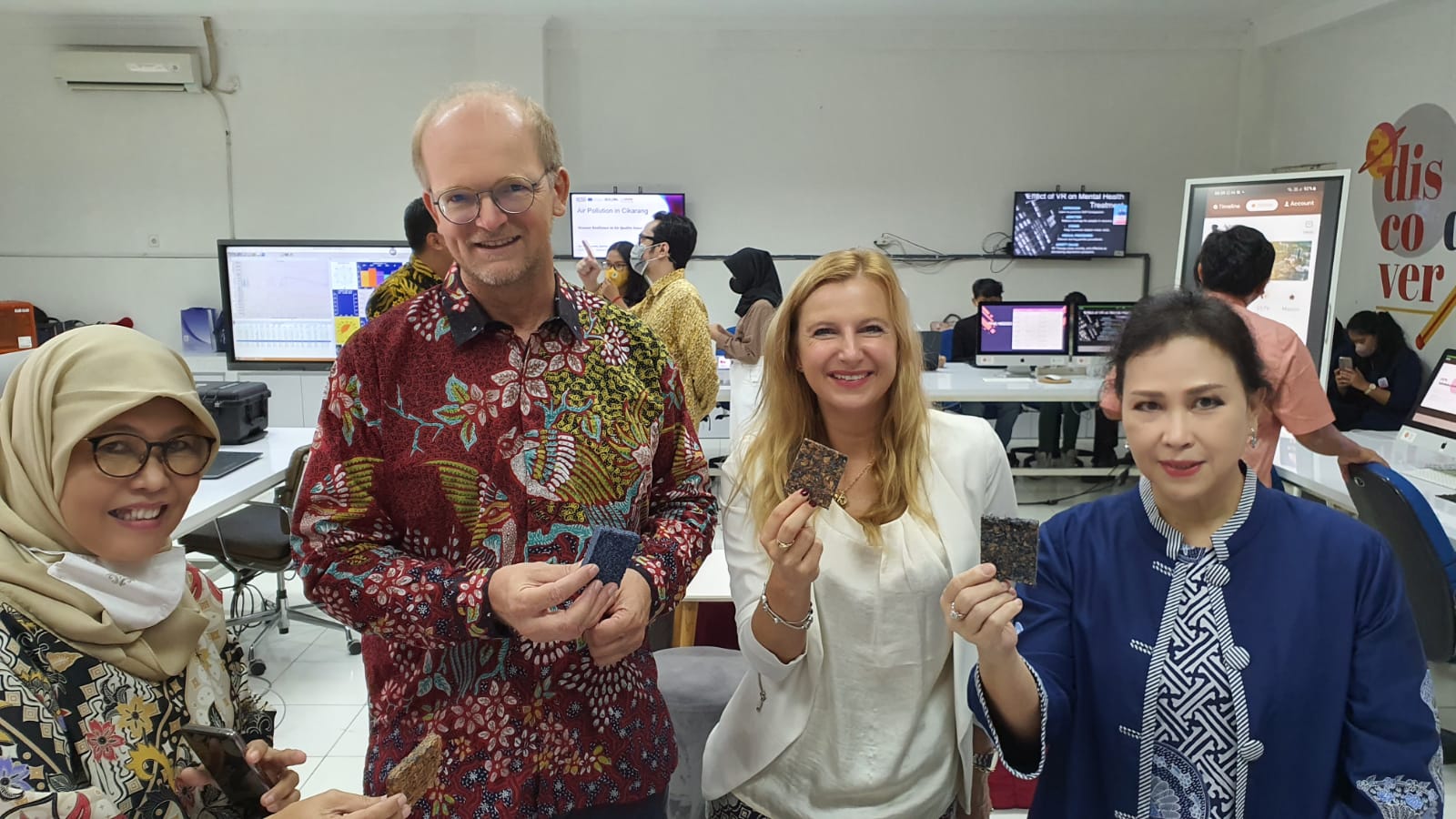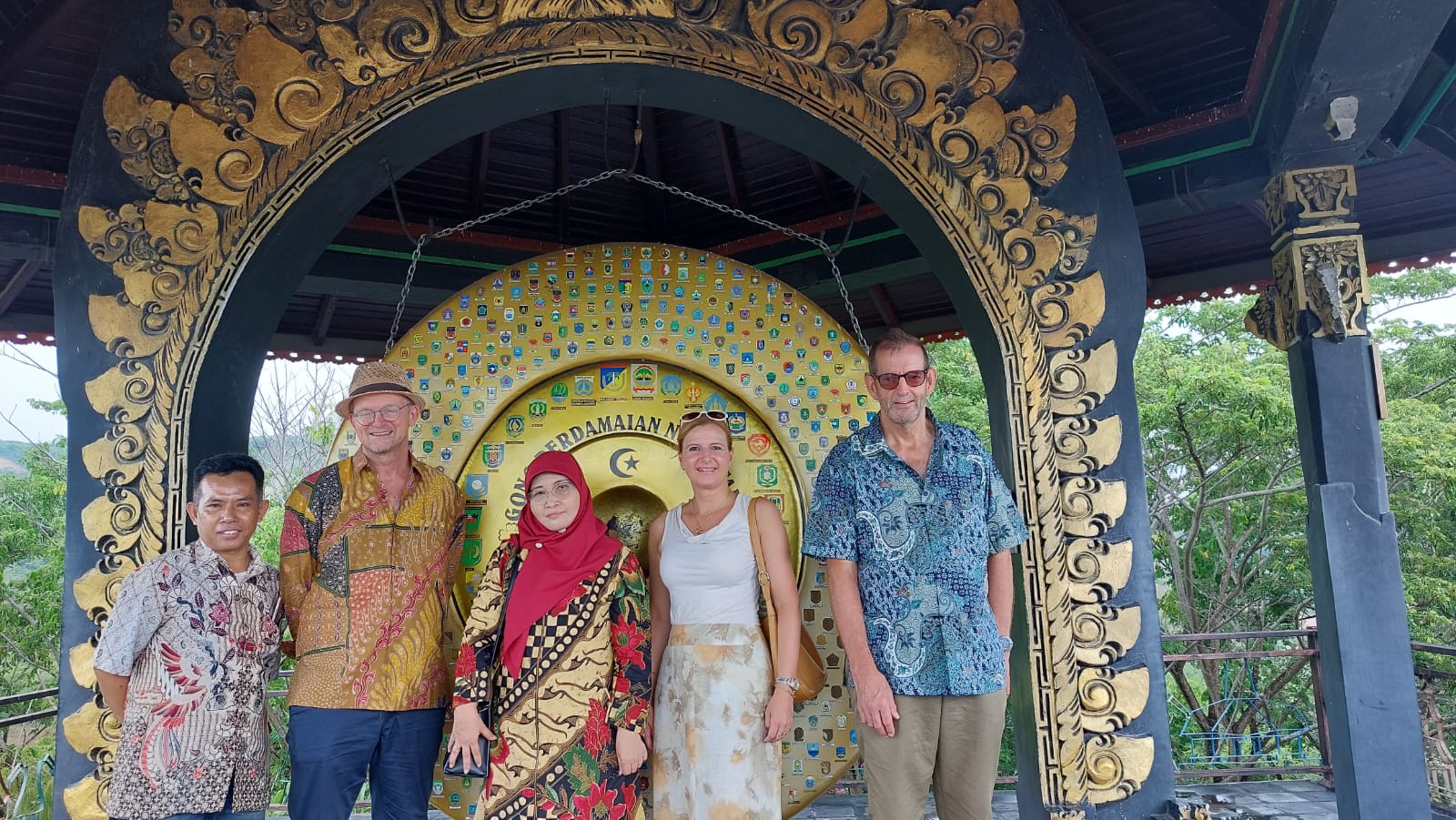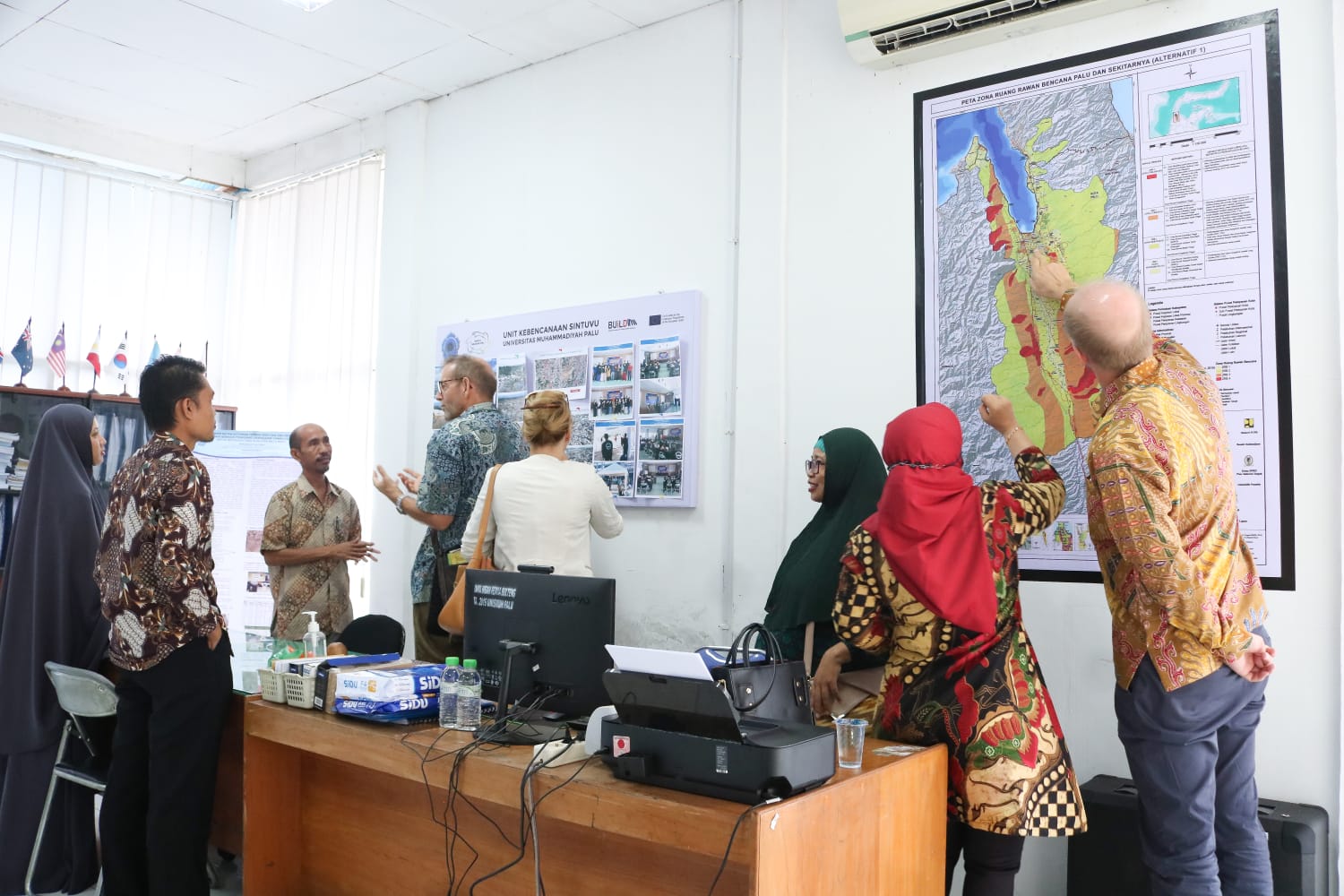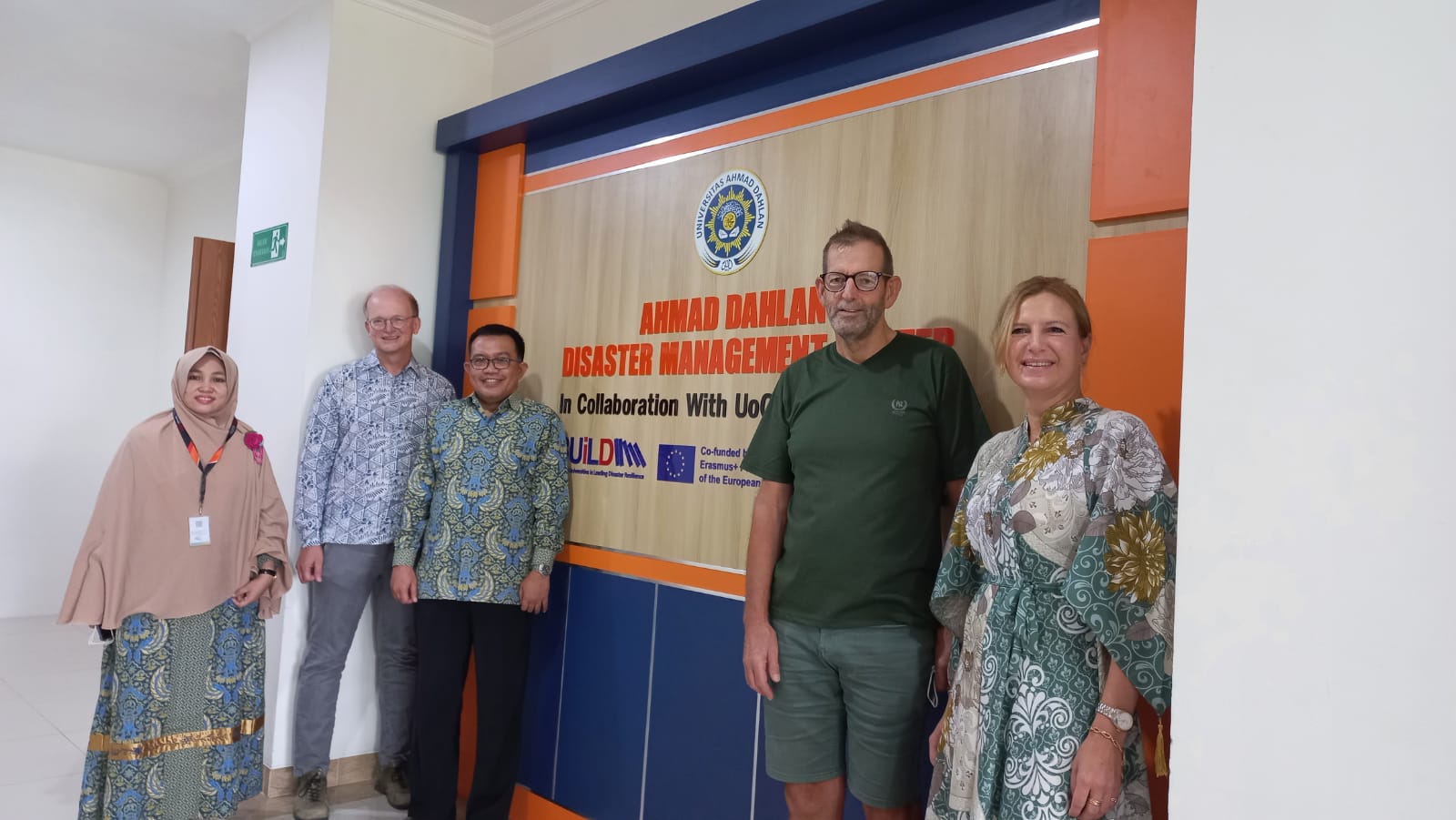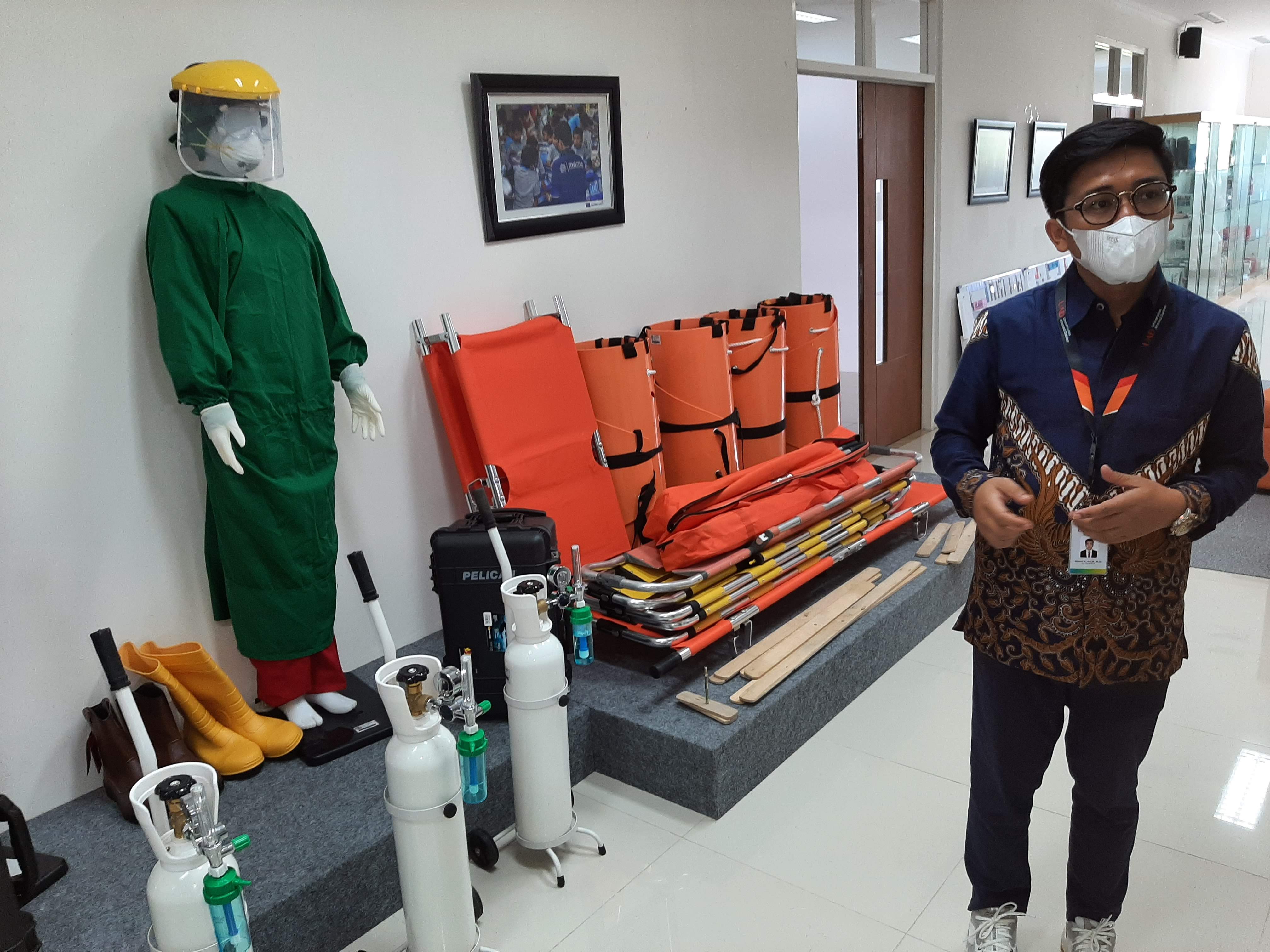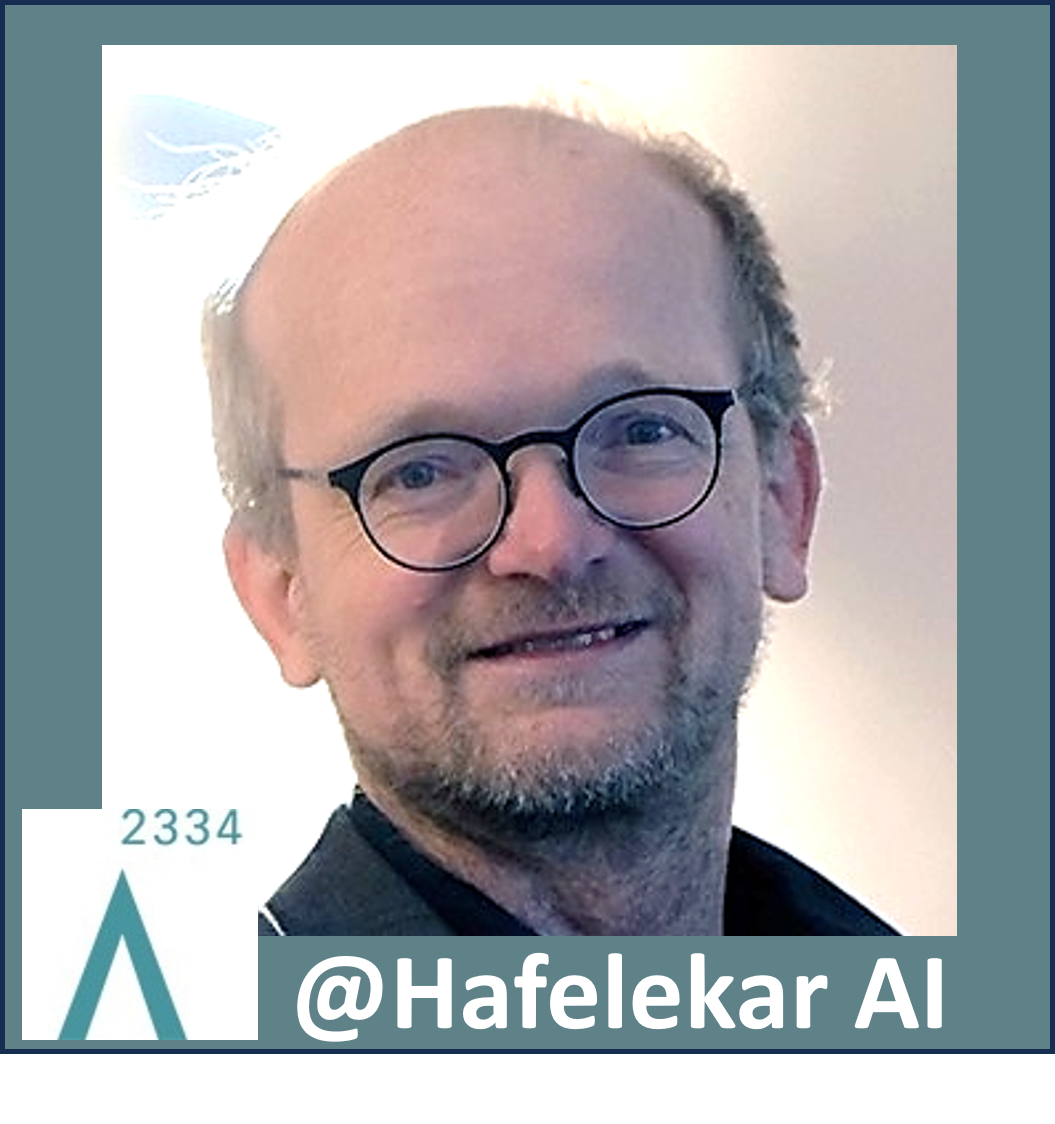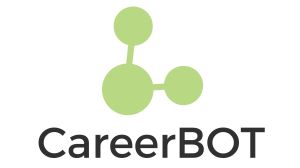
Career BOT Project Results – CareerBOT Methodology
Through research and interviews, the partners identified the needs of jobseekers, and developed the content of CareerBot and the project training for practitioners. Find a more detailed report on the methods and discoveries!
The CareerBOT Tool
Based on chatbot technologies, the CareerBOT provides easy access and user-friendly support for jobseekers finding job openings, requirements on skills, how to prepare for Job applications and information on future job and professional trends.
Blended CareerBOT Training
Blended CareerBOT Training to successfully use the CareerBOT in job counselling and further improve the digital skills of professional counsellors, the project includes a blended learning course to increase digital
competences, literacy, and techniques on how to integrate the CareerBOT.
Introduction
As career guidance practitioners, it is essential to stay updated on the latest trends and innovations in the field. In this newsletter, as a final summary of the CareerBOT tool and training methodology, validated by national training outcomes in Ireland, Austria, Spain and Greece, we explore the CareerBOT tool and how it can be leveraged to support individuals in making informed decisions about their careers, and help guidance practitioners save time so they can dedicate their efforts towards the meaningful interpersonal career development of their clients. The CareerBot tool training and methodology is designed to support practitioners in understanding how to use chatbot-based AI tools in the guidance process. The CareerBot training for practitioners offers context and resources on the evolving digital trends in employment as well as experiential-based learning strategies on how to effectively empower marginalised jobseeker to use digital tools to enhance their job searching strategies. The CareerBot website is an openly accessible educational resource that presents our practitioner training offering in a structured and digestible way with direct access to the tool and Tutorial video material.
Key Features of the BOT
Users can enter 7 different conversation flows depending on the information they are looking for, and has available information and language translations for Ireland, Spain, Austria, Germany and Greece.
- Demand for Jobs and Skills
- Info on Jobs and Skills
- Jobfinder
- CV Writing
- Cover Letter Writing
- Interview
- Contact Points
Additional Resources
The CareerBOT tool has a wide range of video tutorials to offer general tips on creating a CV, drafting a Cover Letter, and preparing for an interview. The CareerBOT partnership has a dedicated YouTube channel with developed guide material available in English, German, Spanish and Greek.
User Journeys
CareerBOT User journeys demonstrate how clients can use the tool to create a CV and prepare for job applications.
Showing:
- How CareerBot can support jobseekers in completing tasks independently, freeing up faceto-face time for more important reflections.
- The potential of the CareerBot tool and integrated into a guidance process.

How to Effectively Introduce the Bot to Clients
To maximise the benefits of the CareerBot tool, practitioners should familiarise themselves with each aspect of the Bot and plan how they can integrate it into their guidance sessions and follow-up activities. By leveraging the CareerBot’s capabilities, practitioners can streamline tasks and focus on more complex issues that require human interaction.
For example:
- Before using the CareerBot tool, practitioners can make a list of tasks that can be supported by the CareerBot and evaluate how they can start using the CareerBot with their clients to trial the completion of those tasks and see how the counselling process improves.
- Provide clients with concrete tasks to complete after the session, such as creating a CV, this can help save time during counselling sessions and allow for more in-depth discussions on interests, motivations, and job search strategies.
- Ensure a sustainable use of the CareerBot, by reflecting on how familiar clients are with the tool’s features and how autonomous they have become in using it. This requires concrete feedback from clients committed to using the CareerBot for job search, education and training opportunities, CV and interview preparation, and further research on labour market trends.
Key Considerations for Practitioners
When introducing the CareerBot tool to clients, practitioners should:
- Assess individual needs and indicate the resources and services which might best meet them.
- Be available for brief interventions to help them review what they have learned from these resources and services.
- Be available for longer interviews for those who need them.
COMING SOON
Transfer Handbook for Organisational Development
All change happens on multiple levels. Through a transfer handbook, the project further informs organisations and institutions about how to improve job counselling as well as how to integrate the CareerBOT into their daily practices to increase successful job orientation.
CareerBOT 3rd Newsletter EN


Funded by the European Union. Views and opinions expressed are however those of the author(s)
only and do not necessarily reflect those of the European Union or OeAD-GmbH. Neither the
European Union nor the granting authority can be held responsible for them.

